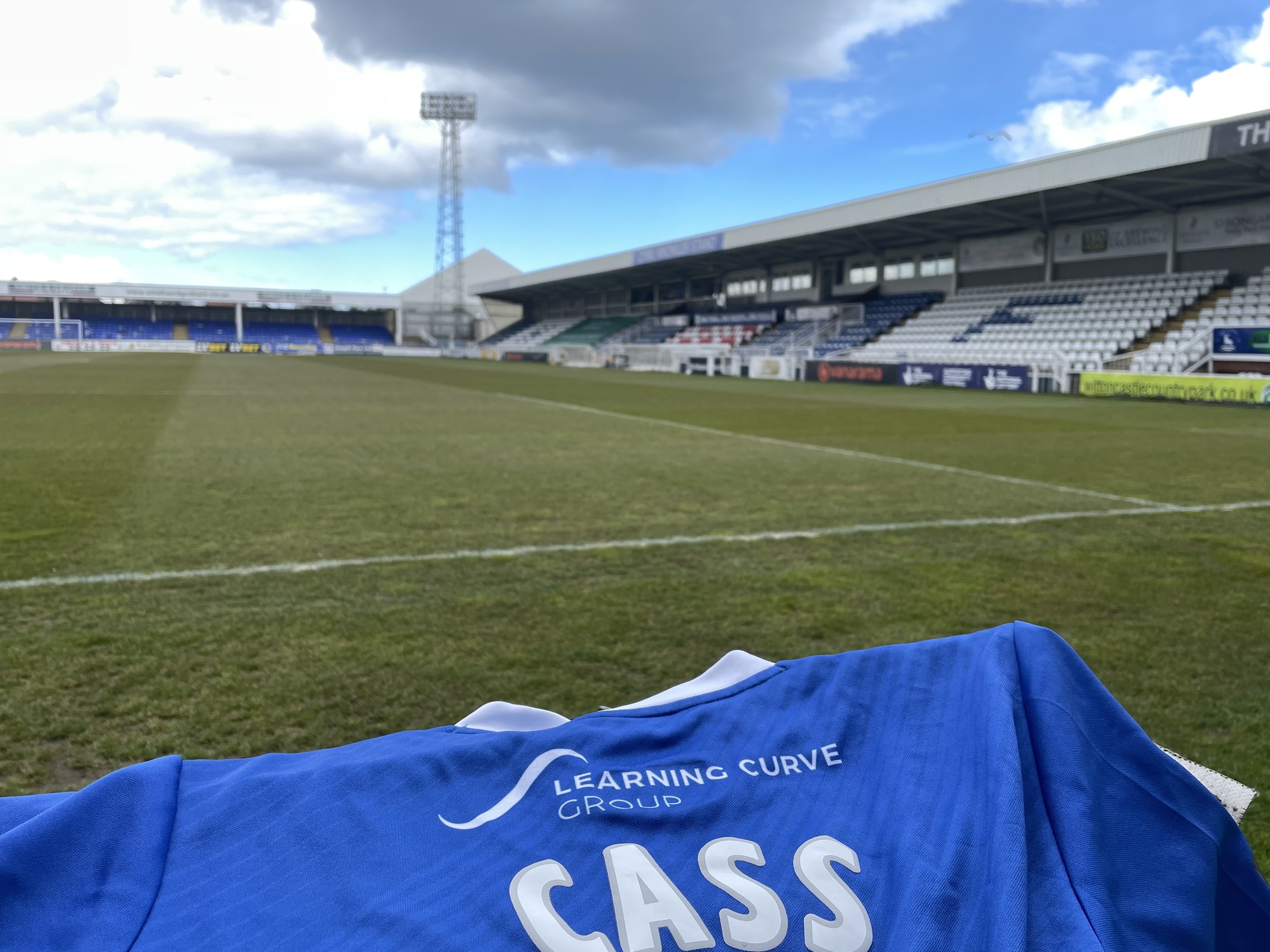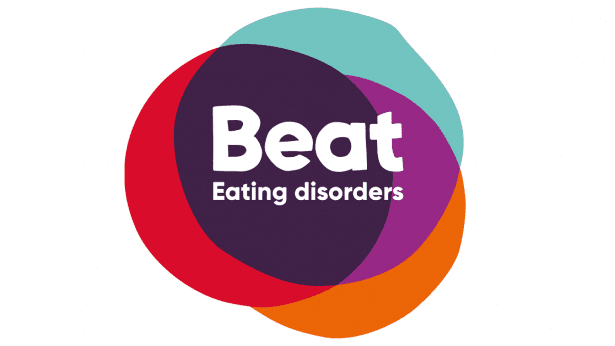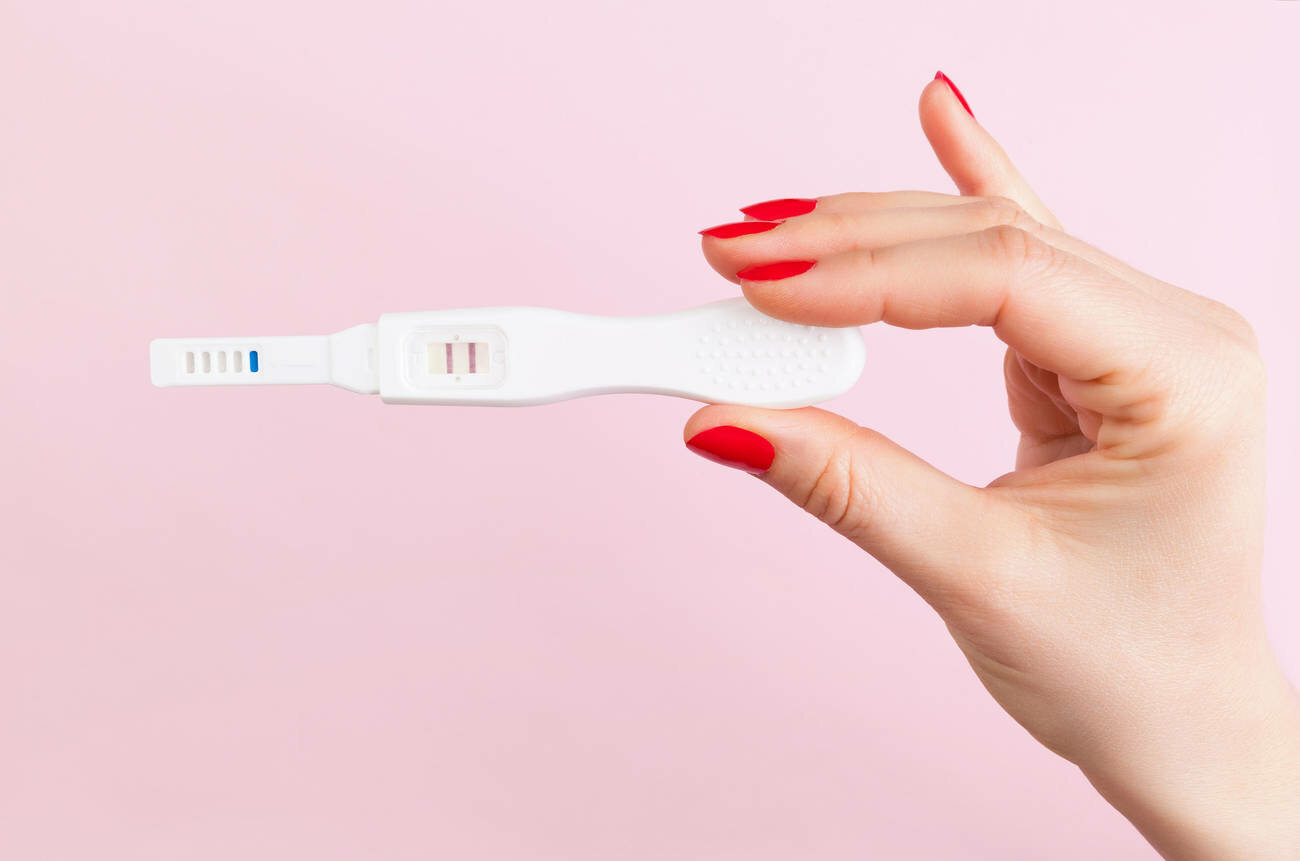
STATISTICS have shown that teen pregnancy rates in the UK have fallen to the lowest in a generation, dropping an astounding 145 per cent in the last decade.
Figures released by the Office for National Statistics (ONS) have revealed there were 15,644 conceptions in Under-18’s in 2018 compared to 38,259 just a decade earlier in 2009. Pregnancies per 1000 women dropped by 55 per cent from 37.2 to 16.8. SR News investigates the dramatic decline in teen pregnancy rates.
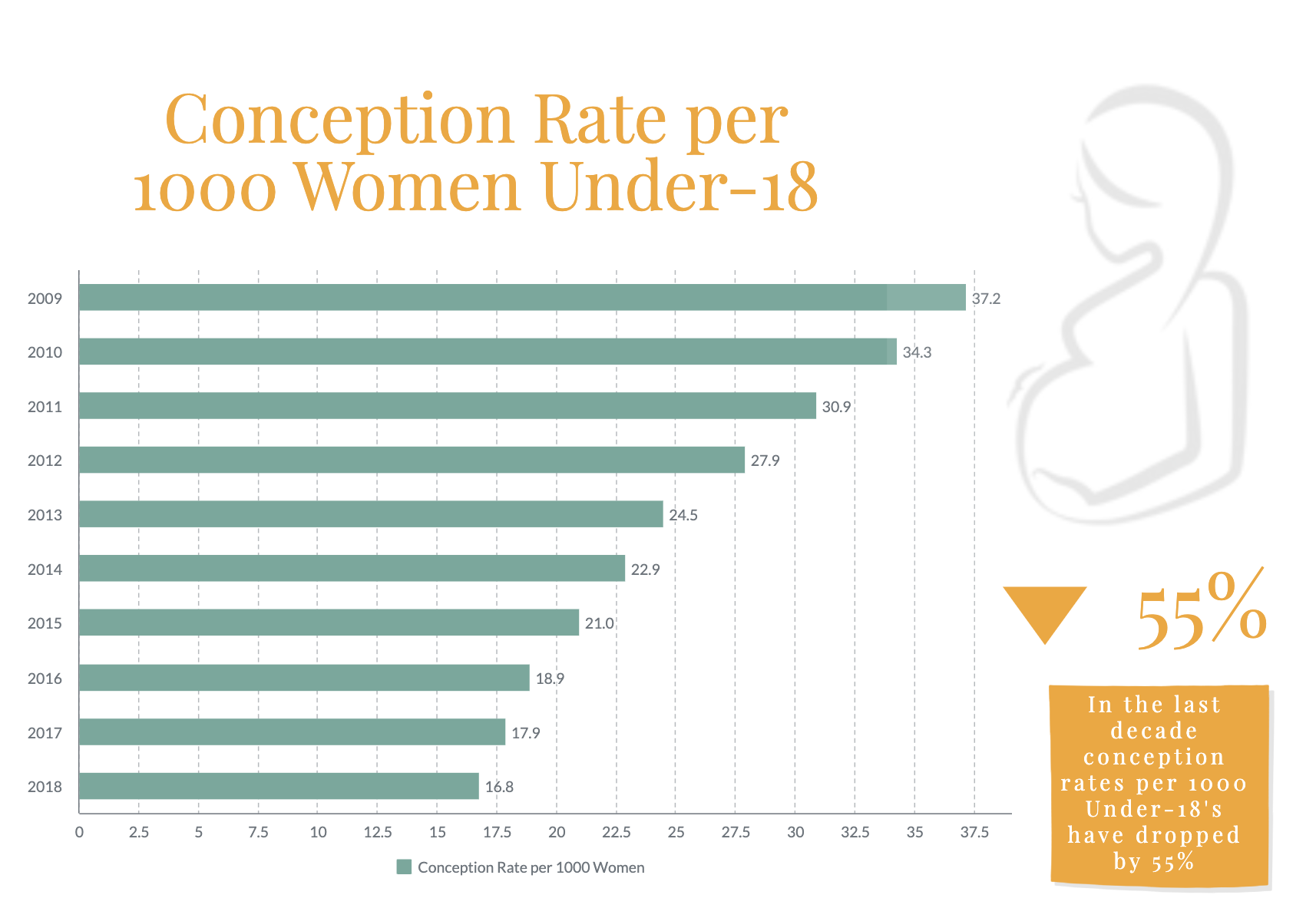
Alice Wiseman, Director of Public Health for Gateshead Council told SR News: “There are many different factors that have contributed to this reduction and it’s crucial that we recognise all the work that has been done since the National Teenage Pregnancy Strategy (NTPS) was launched in 1999.”
The NTPS was introduced to combat the exceptionally high rates of teen pregnancy in comparison to other European countries. It aimed to half the teen pregnancy rates by developing awareness and support as well as improving sex and relationships education for the younger generation in order to prevent unplanned pregnancies.
Wiseman continued: “High quality comprehensive relationships and sex education is crucial in helping young people to understand more about positive relationships,” and expressed hope that this success would continue to impact future generations.”
Whilst overall there has been a nationwide decline in the conception rates in under-18’s, teenagers from disadvantaged backgrounds living in deprived areas are more likely to fall pregnant at a younger age. There is still disparity between teen pregnancy rates based on the affluence of an area with, working class communities being hit the hardest.
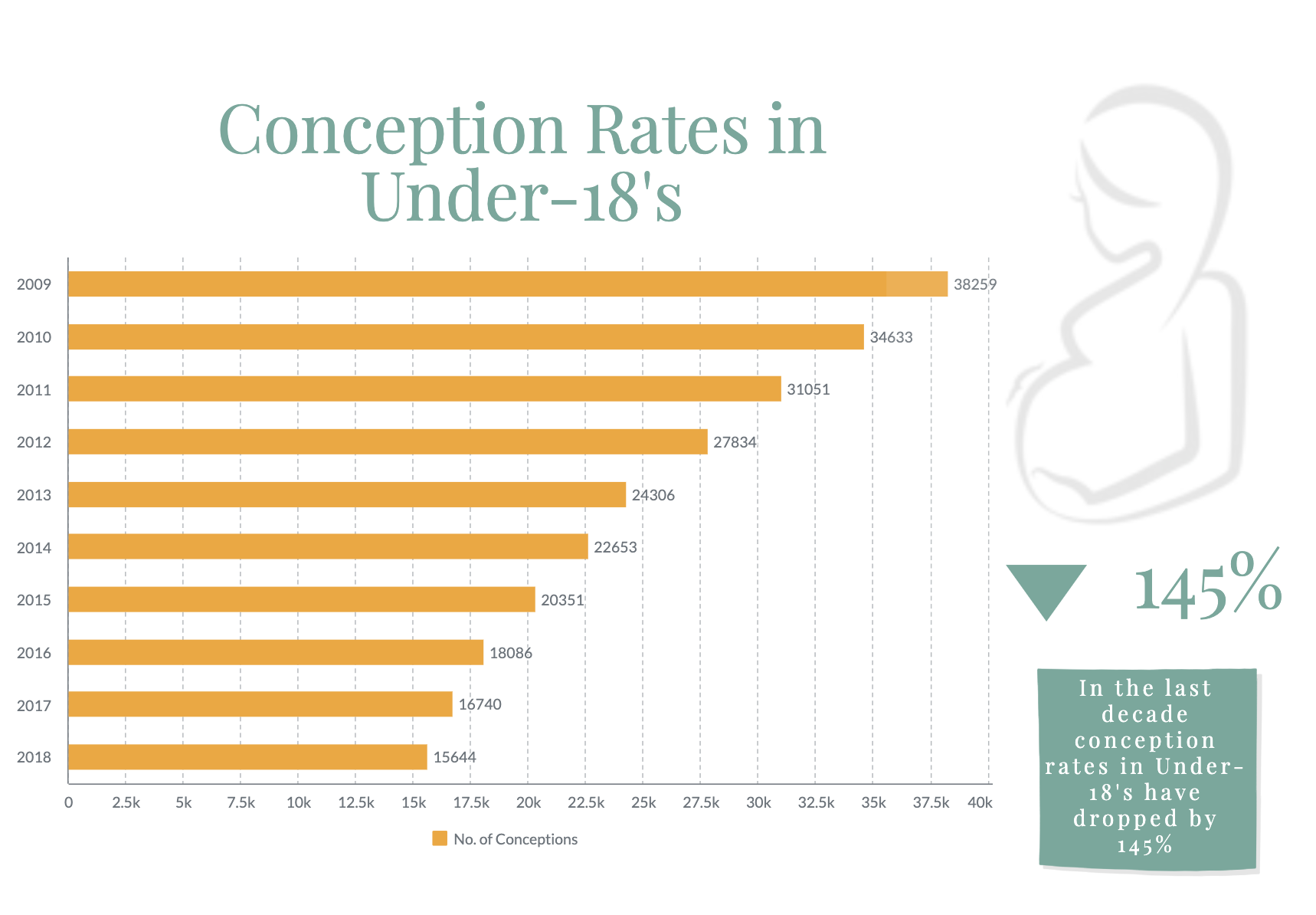
It is clear to see that the NTPS has had a positive influence on teen pregnancy rates in the last 20 years, but many young women continue to fall pregnant whilst they are not legally responsible for themselves.
Grace Dean, 19, of Norfolk, fell pregnant with her son Alfie when she was 17 and after initially struggling with motherhood, she has gone on to set up a successful Facebook group that offers support to over 50 young mums like herself in her local area.
She told SR News: “Being a new young mum [was] extremely hard at the beginning and a real shock to the system.”
Despite feeling that she had received great support from local services, friends and family, she felt like she didn’t fit in when she attended pregnancy classes, as the other mums were a lot older than her.
Grace decided to start her own community in the Teen Mum Support Group on Facebook so young parents like her could talk to other mums their own age about their worries and problems.
Miss Dean was one of the secondary school aged pupils required to receive mandatory sexual education in school, she said: “I actually missed the one day [my school] decided to teach sex education due to a dentist appointment , and it was the one morning out of the whole five years of being in high school.”
It is evident that sex education has become more of a priority in schools, but can one morning of teaching out of a possible 190 teaching days be providing the younger generation with the information necessary to prevent unplanned teenage pregnancies?
The prevalence of technology in the lives of children today has provided easy access to mass information that can be discovered at the touch of a button – including information on sex education and contraception. It follows that our young people could be asking the internet questions they aren’t comfortable discussing with adults.
A 2019 report on media use and attitudes for children and parents published by Ofcom stated that 83 per cent of 12-15 year-olds had their own smart phone with only 45 per cent of parents admitting to checking on the browser history of their child’s device. A simple search for ‘teenage contraception’ offers links to the NHS website which has an abundance of information on confidentially obtaining free contraception and sexual safety.
A Freedom of Information request to Durham County Council showed that the need for emergency contraception (also known as the morning after pill) has reduced by over 50 per cent in the last four years in children and teenagers aged 10-19, dropping from 132 in 2017, to 55 in 2020 with a consistent yearly decrease.
A spokesperson for the Department of Health and Social Care also highlighted the importance of easy access to the full range of contraception.
They told SR News: “The dramatic decline in teenage pregnancy in England is a significant achievement but we know there is still more to do, and we will continue work to sustain this downward trend”.

